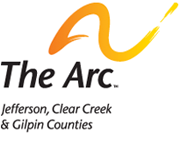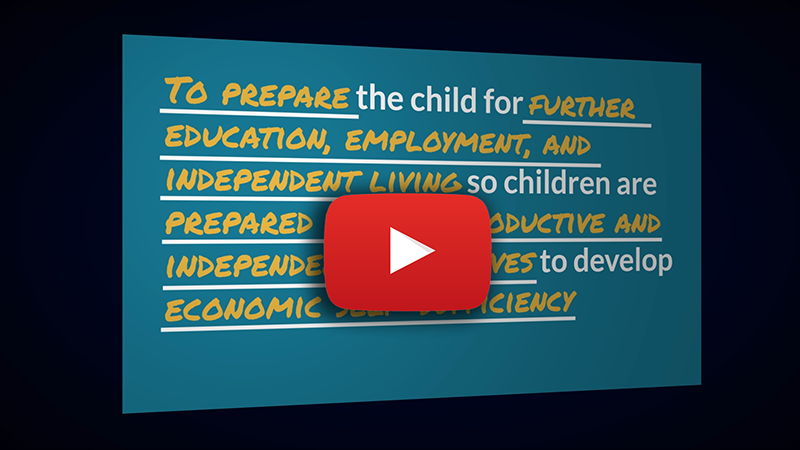An Introduction to Special Education Law: 6 Principles of IDEA
Public education is a critical component of American life, helping all children develop the skills to become productive members of the community later in life. Most families give very little thought to the structure of the educational system: you enroll your child in school, watch them grow and mature while looking forward to graduation day. The vast majority of students and parents exit the educational system without ever having to peek behind the curtain at the rules and regulations that shaped their experience.
Yet for youth with intellectual and developmental disabilities (I/DD) and their families, an effective public education experience demands that parents acquire a solid understanding of educational law and how it applies to their student. While multiple laws and policies work together to create the special education experience, the backbone of special education as it exists today comes from federal legislation known as the Individuals with Disabilities Education Act, or IDEA.
Originally passed in 1975 under a different name, today's IDEA ensures that all students have access to a free and appropriate public education (FAPE) in the least restrictive environment (LRE) that meets the student's needs. Because this legislation is so critical for families of students with I/DD, we've created a self-guided training series to introduce key concepts of the legislation.
After watching the introductory video below, please use the buttons to navigate to different sections. Resources specific to each topic will be listed at the end of each section.


